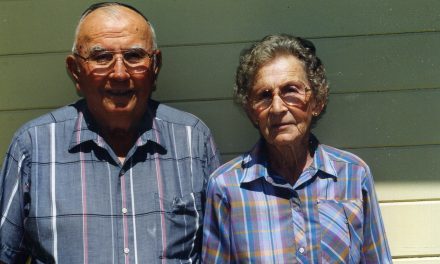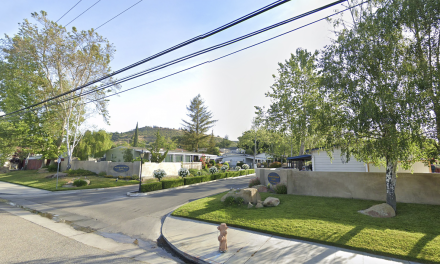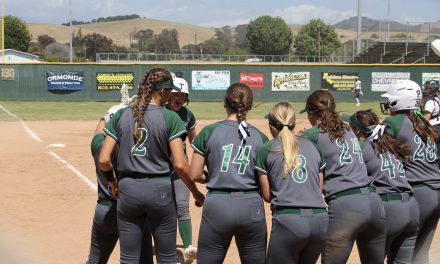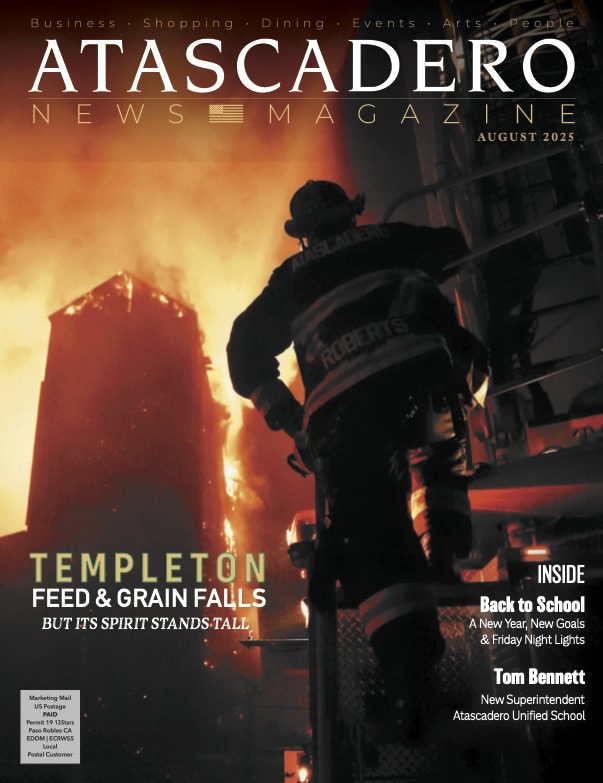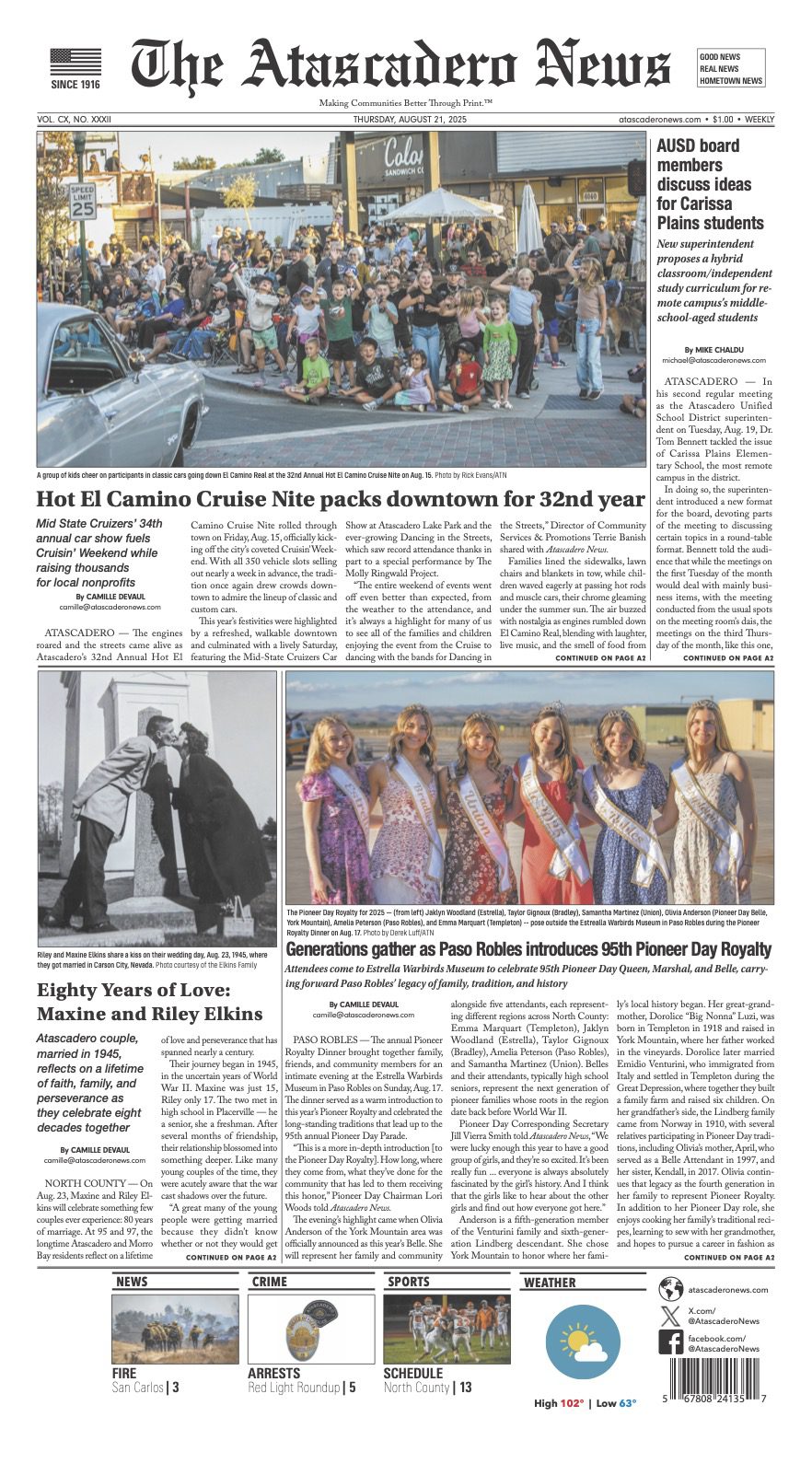Team Aims to Create Data-driven Food Policy for California
SAN LUIS OBISPO — An interdisciplinary team of Cal Poly faculty members is working to create a coherent, coordinated approach to food policy to replace outdated and uncoordinated policies currently governing food systems and nutrition education.
With a goal to address human and environmental health and address 21st-century food system challenges, including food insecurity, obesity, sustainable food production, and more, the student and faculty researchers have been working with the SLO Food System Coalition to help organize four roundtables to discuss local food system challenges. The group also started a food policy working group within the coalition.
This work is an important first step in utilizing research findings to establish actionable policies working collaboratively with stakeholders in the local food system, including farms, businesses, health and food security advocates, and farm workers. These findings should provide a novel approach to developing and implementing sustainable food policy. Over the next year, the team also plans to complete a review on food policies as they exist now and pursue additional funding through grants related to food, nutrition, and agriculture.
The project, titled “Eating in the Anthropocene: The Future of Food and Food Policy,” is grounded in the idea that we are living in the Anthropocene epoch, the time in which human beings have had a detectable impact on the planet. Through studying food systems and behaviors, the researchers hope to identify how food knowledge and behavior have changed over time and see what effects they have on the planet, at both the environmental and human level.
The research team includes Dawn Neill of the Interdisciplinary Studies in Liberal Arts Department; Aydin Nazmi of the Food Science and Nutrition Department; Marilyn Tseng of the Kinesiology and Public Health Department; Nicholas Babin of the Natural Resources Management and Environmental Sciences Department; Richard Volpe of the Agribusiness Department; and Elizabeth Lowham, interim dean of Graduate Education.
“Our country’s food policies are outdated; the Department of Agriculture published its first food guidelines for Americans in 1916, and those initial recommendations have remained largely unchanged,” Neill said. “There have been so many changes in food production, distribution, availability, and human health over that time, and this discrepancy has a created a barrier to Americans’ ability to eat healthfully.”
Working closely with Cal Poly student researchers, the team will study what people eat and what drives people to eat the way they do. From these data, they hope to build “food narratives” that can link how food ideologies and behavior are related to food access, food insecurity, and food consumption, as well as to the human and environmental consequences of these choices. They will also analyze media archives from the past 125 years to understand how ideas and guidelines about food have changed and how effective guidelines have been in advancing nutrition education and sustainable food production.
“Given our university’s excellence in agriculture, food, and nutrition, as well as being located in an area with so much food and agricultural production, Cal Poly is uniquely positioned to generate and apply new knowledge and solutions to help address these issues both locally and globally,” said Cynthia Jackson-Elmoore, Cal Poly’s provost and executive vice president for Academic Affairs.
The project is funded through Cal Poly’s Strategic Research Initiatives (SRI) program, a partnership between Academic Affairs, Research, Economic Development and Graduate Education (R-EDGE), and University Development. The SRI program identified proposals from Cal Poly faculty and staff that addressed problems facing the Central Coast, California, and the world as a whole, and that placed an emphasis on the role of undergraduate and graduate student research experiences.
For more information about the SRI program, visit research.calpoly.edu/strategic-research-initiatives.




